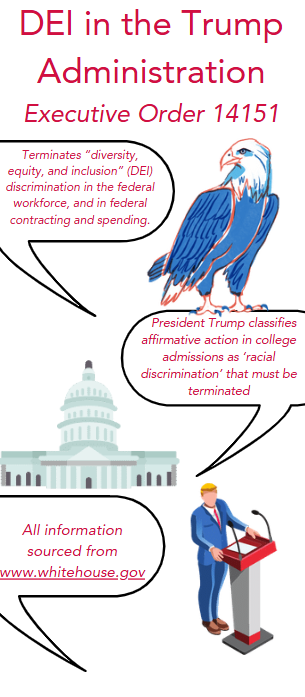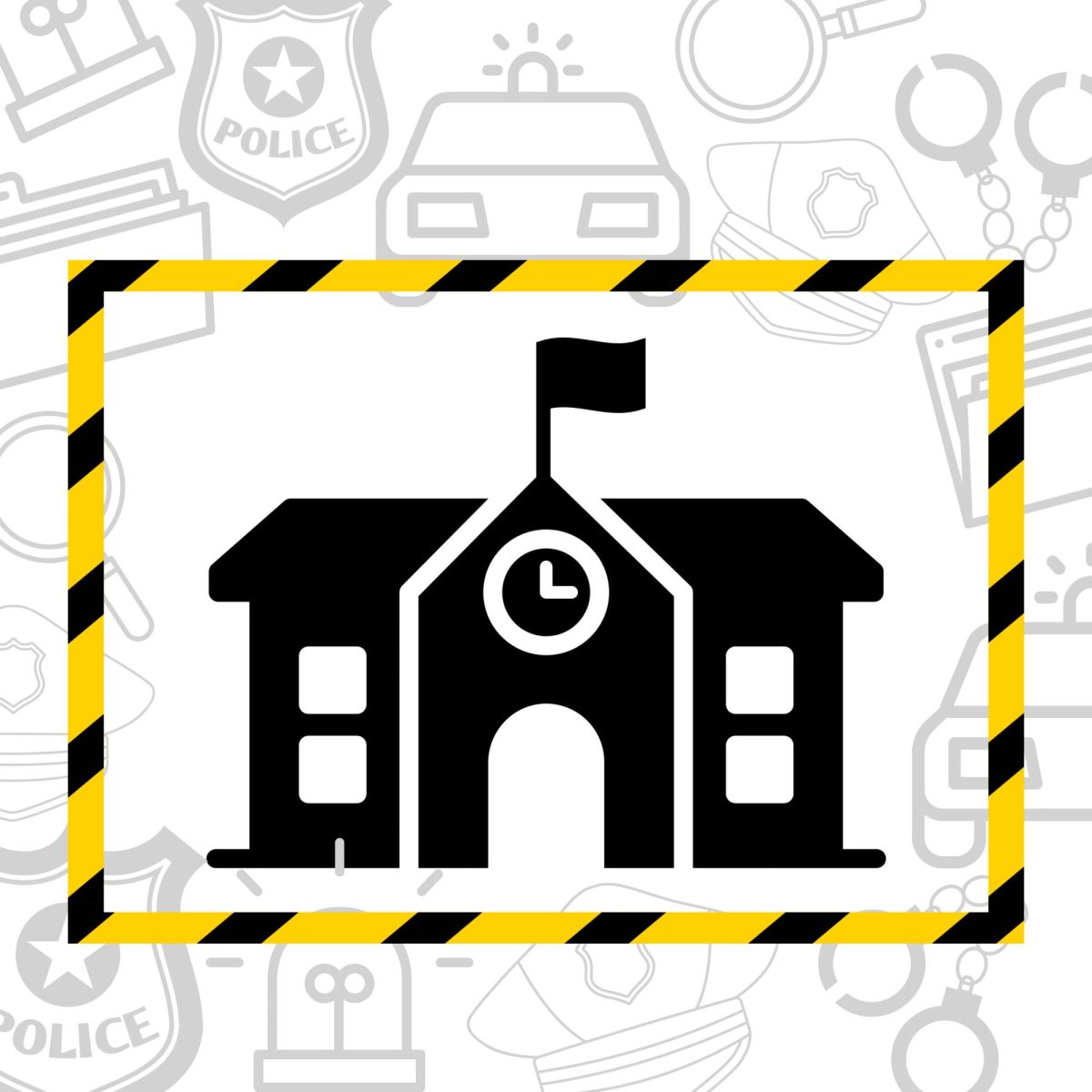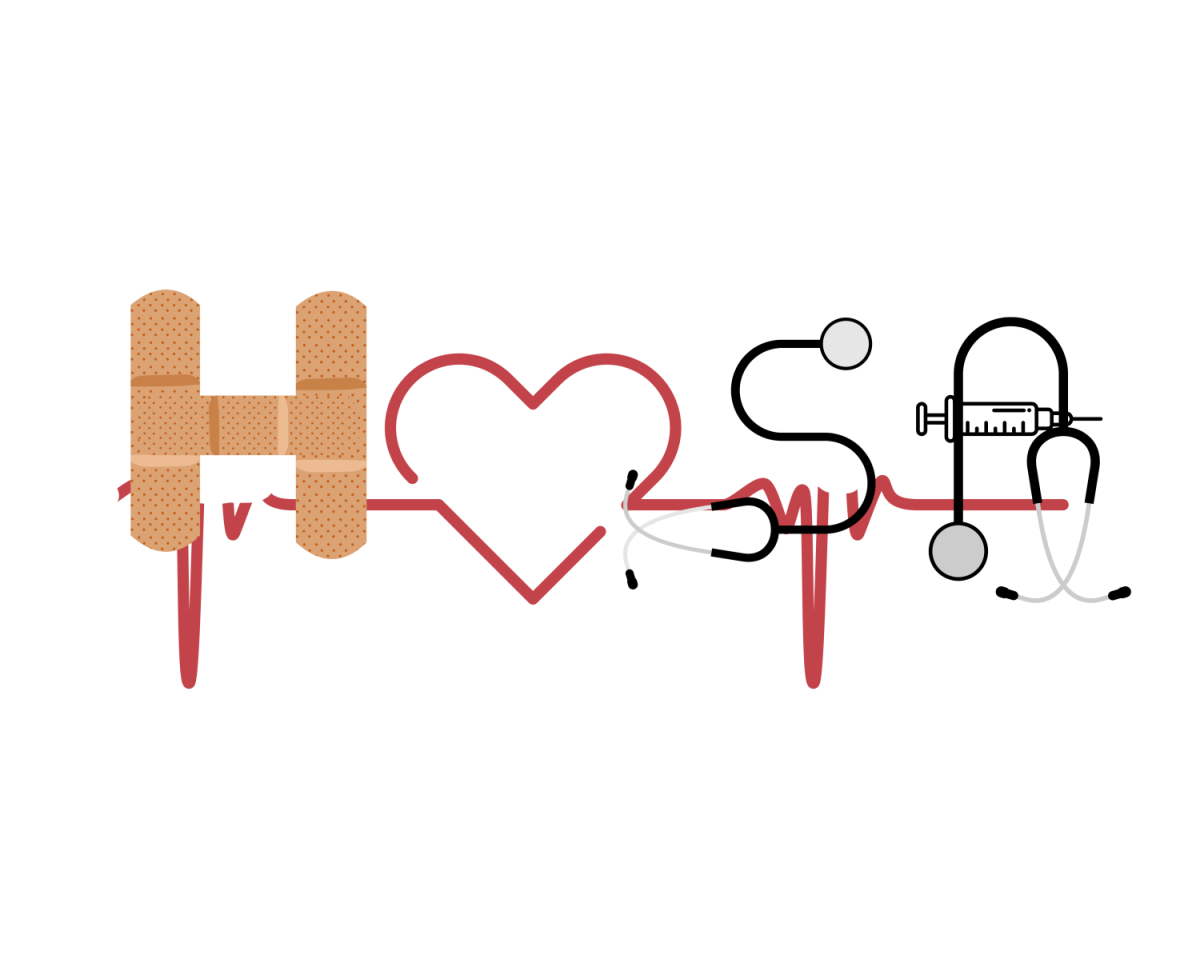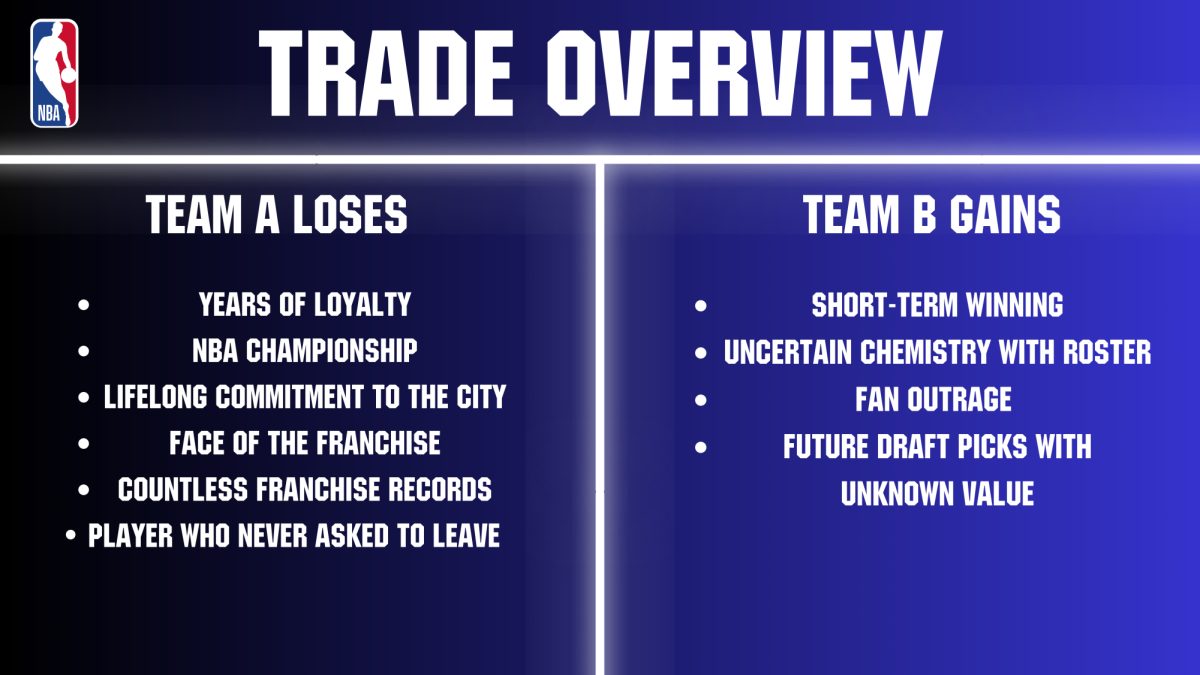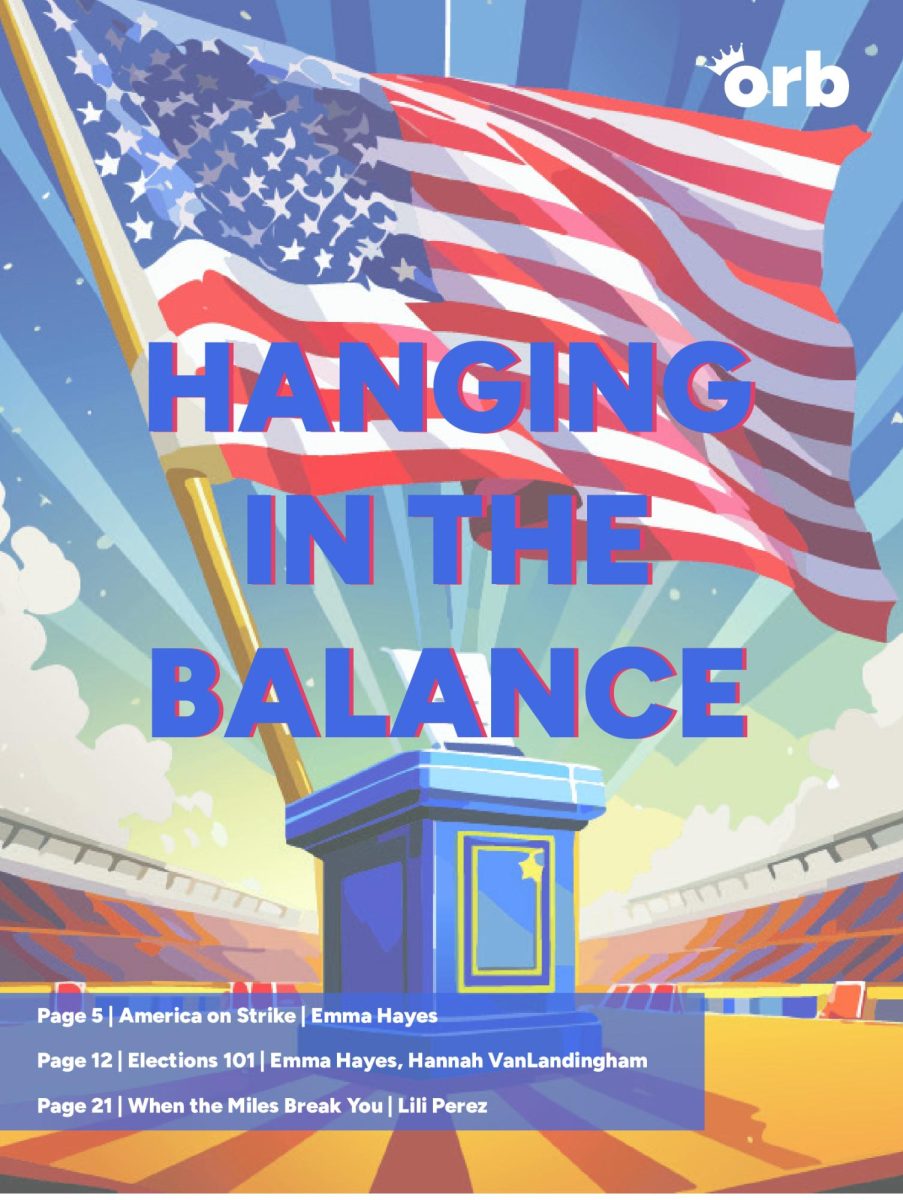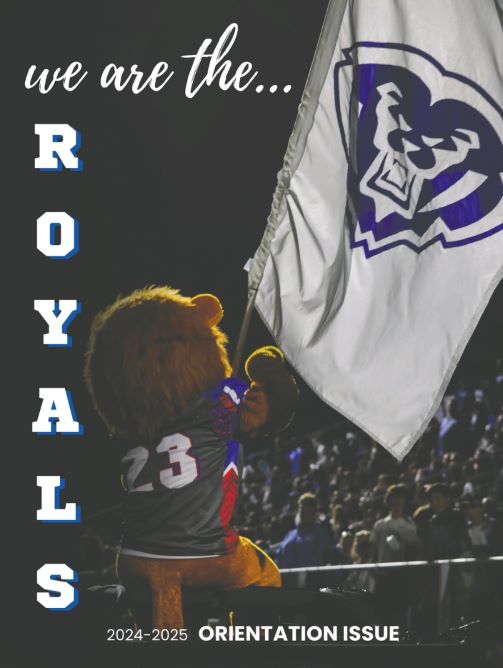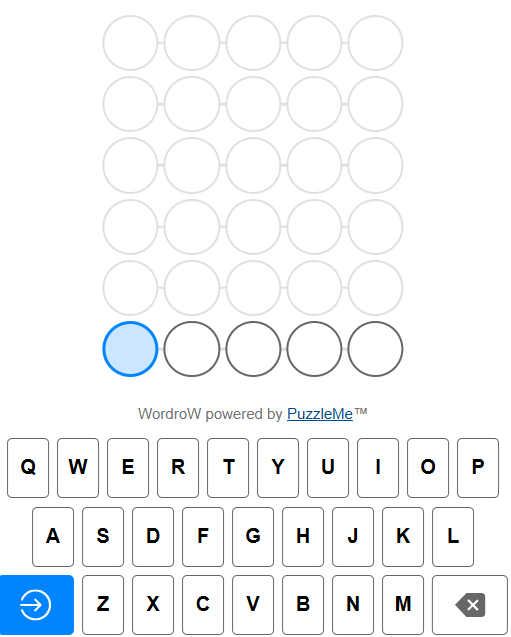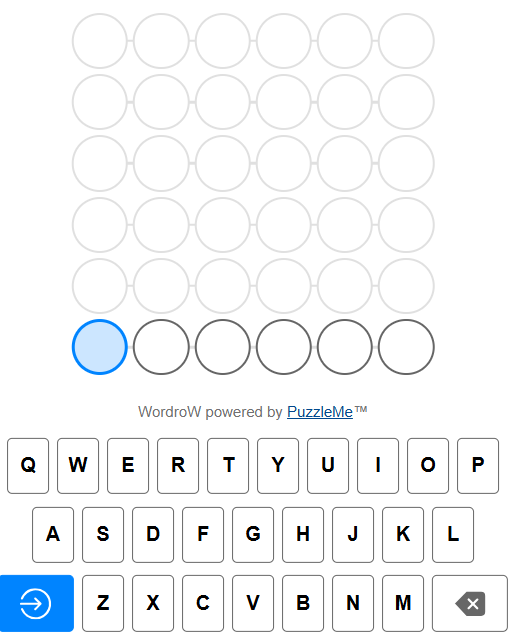The academic world has seen a shift in recent years, with schools introducing more internship programs and more options for career specialized programs. With this also comes a reconsideration of graduation requirements. With the focus shifting more towards career-oriented courses, are the traditional academic requirements necessary anymore?
Dr. Katie Jenner, Indiana Secretary of Education, says no. She calls the current requirements outdated, saying “the structure of the American high school experience has not changed for most students in over one-hundred years” according to the Indiana Department of Education. Jenner’s change to the minimum requirements for high school graduation focuses more on preparing students for life beyond high school, implementing requirements for “employment readiness skills” like cooperation and communication.
HSE Principal Reginald Simmons agrees that these new requirements stand to benefit students by helping them preemptively adapt to the workforce, “[It’s] really about creating an opportunity for a real-world experience. [That] experience is going to set you up and prepare you for a career in something that is either in that field or at least related to that,” Simmons said. “We want to be more intentional about creating opportunities and experiences for students that [are] more aligned with their goals, [things] that they really want to see themselves doing in the future. [Because it’s not just what you’re doing now, but it’s what you’re going to do [years] from now and hopefully that the experience that you have in high school is helping to prepare you [and give you the] skills, knowledge and attributes [that are] going to set you up for your future.”
The new course requirements add new required courses that would not only open up opportunities for students, but also teachers. “For example, when you bring in Financial Literacy or Preparing for College and Careers, if that’s something of interest to you, then you as a teacher, can decide “You know what? I want to get an endorsement to teach that”… It [will] create more opportunity and options for teachers to teach [in] other content areas that they normally don’t teach.”
In addition to adding new required courses, this new diploma makes several courses, that are required under Core 40, optional, like Geometry or World Language.
The flexibility of the new course requirements would appeal to many students, as it allows them to focus on interests and potential careers, “A career focused diploma would help me as it would put a stronger emphasis on what I need to know for my future,” senior Elena Thomson said. “While English and the humanities are important, they are not as important for someone like me looking to study engineering. If I had a career focused diploma or even just a STEM field diploma, I would be able to spend my time on classes that would better prepare me for the next level.”
This offered flexibility also appeals to administrators, “In general, [I am looking forward to these changes being made], because I think that the goal, even with the initial diploma proposal, was more flexibility. I just think that [originally, the state] did not think about, in a practical way, how we were going to support that much flexibility for students,” Simmons said. “[The updated plan] is a more balanced approach to allowing some students some flexibility in their schedule and allowing schools some flexibility in how we help them to complete their diploma requirements. [Honestly], you know that our society and traditional school is changing… So, we need that flexibility for there to be a future focused experience for students.”
This new flexibility in partnership with a career focus overall was changed to benefit students. They can focus on their future and take classes more aligned with their interests, rather than those they feel are unnecessary for their desired future, with the goal being to improve their long-term success.

